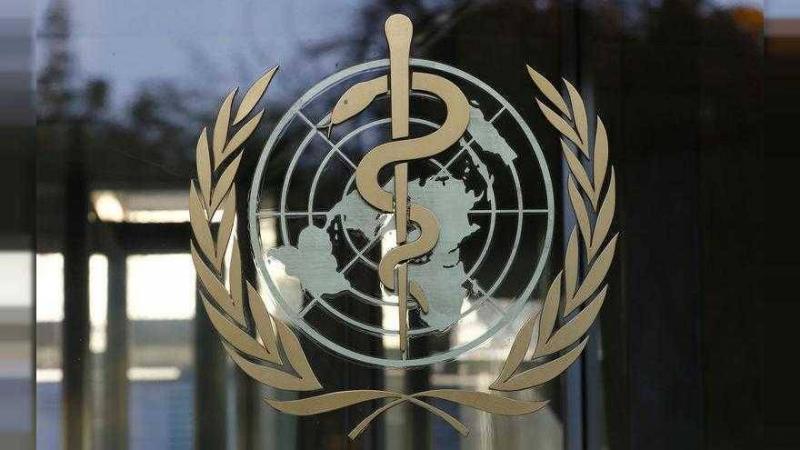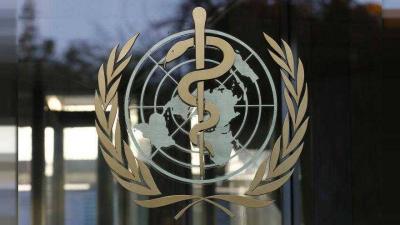The World Health Organization (WHO) stated that it expects to see more cases of monkeypox as it expands surveillance in countries where the disease is not commonly found. The UN agency reported that as of Saturday, 92 confirmed cases and 28 suspected cases of monkeypox had been reported from 12 member countries where the virus is not endemic. It added that it would provide further guidance and recommendations to countries in the coming days on how to reduce the spread of monkeypox.
The agency noted that "available information indicates that human-to-human transmission occurs among individuals who have close physical contact with symptomatic cases." Monkeypox is generally a mild infectious disease that is endemic in parts of West and Central Africa. It spreads through close contact, making it relatively easy to contain through measures such as self-isolation and personal hygiene.
David Heymann, an official from WHO, told Reuters that an international panel of experts held a virtual conference to discuss necessary research on the outbreak and how to inform the public, including whether there is any asymptomatic spread, who is most at risk, and the different modes of transmission. He indicated that close contact is the primary route of disease transmission, as the typical lesions of the disease are highly infectious. For example, parents caring for infected children are at risk, as are healthcare workers; for this reason, some countries have begun vaccinating teams treating monkeypox patients with smallpox vaccines, which are related.
Early genetic sequencing of a few cases in Europe suggests similarities with the strain that circulated in a limited way in the UK, Israel, and Singapore in 2018. Heymann stated that it is "biologically reasonable" that the virus has been spreading outside the countries where it is endemic, but it has not led to a significant outbreak due to lockdown measures related to Covid-19, social distancing, and travel restrictions. He emphasized that the monkeypox outbreak is not akin to the early days of the Covid-19 pandemic, as it does not spread easily.
He advised that those who suspect they have been exposed or who exhibit symptoms, including rash and fever, should avoid close contact with others. He added, "Vaccines are available, but the most important message is that you can protect yourself."




